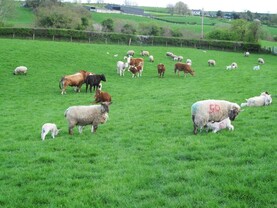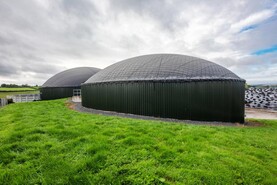We are living through a time of fundamental change in international stability, markets and science.
Europe responds hesitantly to changes, and the accusation that change in Europe comes mainly as a result of crisis is being proved true across a range of fronts.
The examples are all around us. The countries of eastern Europe would not have become EU members if the Iron Curtain had not fallen in 1989.
Ukraine will inevitably become a member in time, but the time of eventual membership has been brought nearer because of the Russian invasion of the country.
The comparative stability of Europe has propelled it into being a magnet for refugees and those seeking a better life across Africa and the Middle East.
This is a crisis that is not yet solved. Ireland has gained immeasurably from being a part of the EU, but it has clearly brought its own strains, as the provision of State services struggles to catch up with the growth in population and the expectations of a comparatively affluent, educated electorate set by high-grade multinational employment, and a small number of competitive indigenous Irish firms with drink and food processing prominent among them.
Irish agriculture and farmers have been caught up in this maelstrom of change. Every function we go to, the scarcity of young farmers is brought up as a recurring problem.
The figures for the low number of those under 35 in farming and the high number of those over 70 is clear evidence of a fundamental shift, but there is little sign of a policy change that would give real recognition that young farmers are a cohort that needs real encouragement, rather than clichéd speeches about their importance.
Certainly, we can leave it to the market, but we then must accept the structural shifts in land ownership and the almost total disappearance of full-time farming on moderate-sized units that will inevitably follow.
The nitrates debacle clearly demonstrates that policy changes need to be signalled well in advance, as was the removal of milk quotas. We also need science policy to be primarily the preserve of scientists, not prejudiced environmentalists.
Ireland has a lot to contribute to the development of European policy, but the main proposer of policy is the EU Commission, and it is noticeable how low the number of Irish personnel are among the entry and middle levels of that body, compared with the first decade of Irish membership.
We have been assured that this issue is recognised and being dealt with.






 This is a subscriber-only article
This is a subscriber-only article








SHARING OPTIONS: